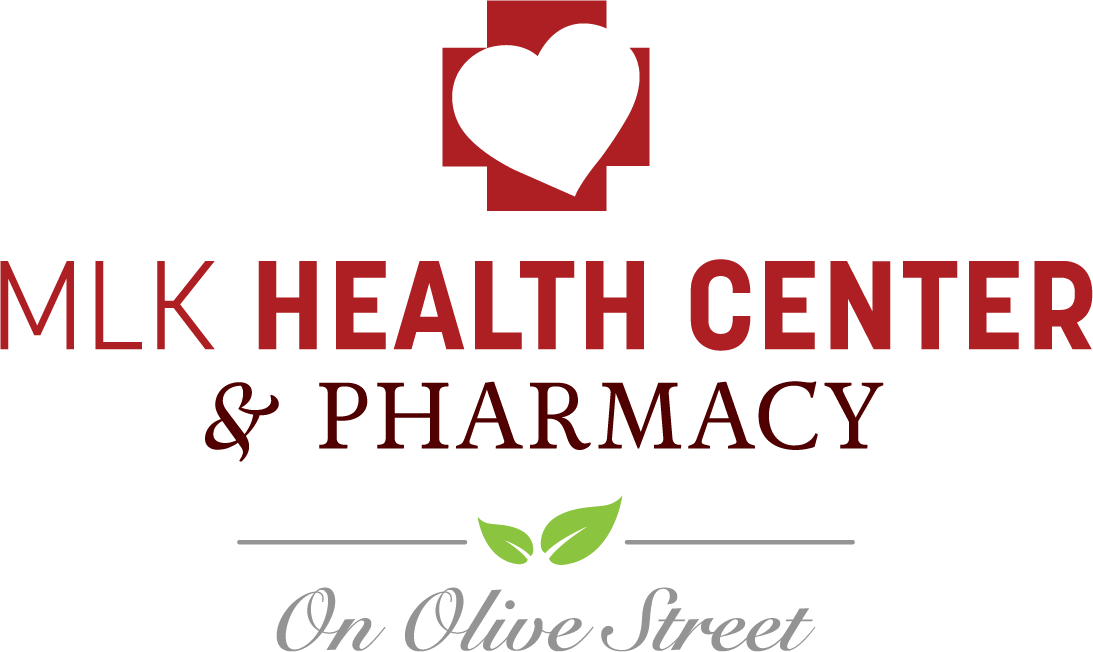Free, Charitable Clinics Need Help
By: Krista Buckhalter
July 31, 2015, originally published by Shreveport Times
Despite the recent Gallup poll numbers on the uninsured, the hard fact remains that there are still millions of individuals who do not have access to affordable health care and health insurance.
These individuals will continue to turn to the Free and Charitable Clinic system they have always relied on for care. These clinics remain a critical part of the health care safety-net system now and will into the foreseeable future.
According to the National Association of Free and Charitable Clinics, there are approximately 1,200 clinics throughout the nation who since the 1960s have been filling in the gap for those who “fall through the cracks” in our current health care system.
Free and Charitable Clinics receive little or no state or federal funding; do not receive HRSA 330 funds and are not Federally Qualified Health Centers. They rely heavily on the generosity of individual donors, foundations, and grants as funding sources.
Free and Charitable Clinics like, MLK Health Center & Pharmacy are on the frontlines of the issue of access to care. We activate at the local and grassroots level, not the government level, to meet the healthcare needs of our community.
MLK Health Center & Pharmacy utilizes a volunteer/staff model to provide a range of medical and pharmacy health services to individuals who are suffering from chronic illness and are uninsured or underinsured.
We offer a hand up, not a hand out, to someone who is struggling with the all too often hidden shame of not being able to pay for health care.
Uninsured adults are more likely to miss work and other life activities due to poor health and untreated illness, cutting down on productivity and quality of life alike. Lack of access to preventive services means more expensive trips to the emergency room later on — often at taxpayer expense — and avoidable hospital stays.
Many individuals who are patients at free and charitable clinics are considered working poor—that is, employed either part-time or full-time but still living below the poverty line. These individuals fall into a “coverage gap” of having incomes above Medicaid eligibility limits, but below the lower limit for Marketplace premium tax credits.
According to a recent issue brief from the Kaiser Commission on Medicaid and the Uninsured, nearly 4 million adults fall into this “coverage gap” across the nation. Two-thirds of people in the coverage gap are in a family with a worker, and 54 percent are working themselves.
While workers could potentially have an offer of coverage through their employer, the majority of workers in the coverage gap work for small firms (less than 50 employees) that will not be subject to ACA penalties for not offering coverage.
Many work in the service industry or as part-time workers and coverage is not offered to them. These individuals continue to have limited, if any, options for health coverage: they are ineligible for publicly-financed coverage, most do not have access to employer-based coverage through a job, and all have limited income available to purchase coverage on their own.
Even more disheartening is that 70 percent of free and charitable clinics nationally are reporting that patients who do become insured are returning to them for help even after they have signed up for insurance coverage, due to issues with high deductibles, drastically increased premiums, lack of timely access to a doctor, and lack of access to affordable medication.
Daily, we hear heartbreaking stories from patients about how health care remains unobtainable even though those stories are not heard in the mainstream media.
There is no simple answer for those who remain uninsured. There is however, a community of organizations and individuals working together to provide for the medical needs of those around us.
MLK Health Center & Pharmacy has been part of that community since 1986. Working together with a network of volunteer medical practitioners & pharmacists, donors, students, and fellow nonprofits, we have made a measurable impact on health outcomes here in northwest Louisiana.
I encourage you to support the work of your local free and charitable clinics by volunteering your time and/or resources to keep our local healthcare safety-net strong.
